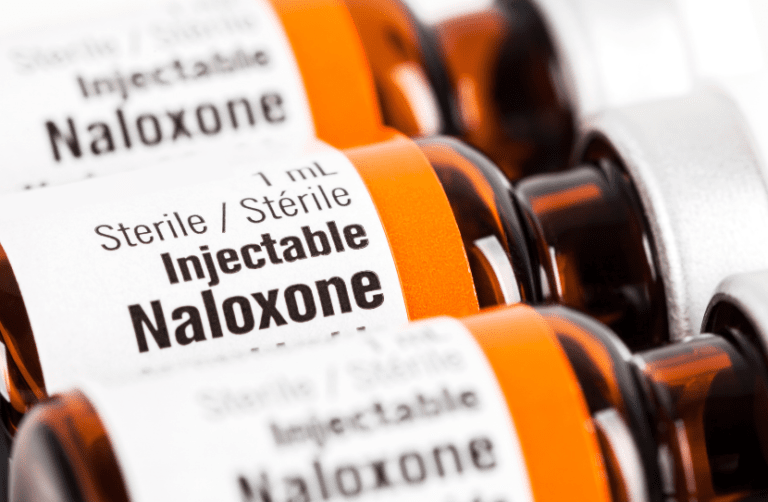Is Heroin Or Fentanyl More Dangerous?
All drugs are dangerous in one way or another, but which drug is more dangerous: Heroin or Fentanyl? Keep reading to learn more about the differences between the two opioids, how hard it is to quit, and what withdrawal symptoms both types of opioids can cause.
Heroin and Fentanyl: The Basics
Heroin and Fentanyl are both types of opioids, and they’re both considered to be very addictive. Opioids are known for producing a high that feels euphoric and weightless. Many people who start taking these types of drugs were originally prescribed them by a physician. Fentanyl is a type of opioid that is commonly prescribed for severe pain, especially after traumatic accidents or for different types of cancer. Fentanyl is 80-100 times stronger than morphine.
In the United States, there’s an ongoing opioid epidemic, where drugs like Fentanyl are being overprescribed. People begin to develop addictions and dependencies to the drugs, and when they no longer have access to them, turn to other substances like Heroin.
Prescription drugs are also sold on the street, but can be more dangerous than substances that were prescribed directly to the patient, as addicts will never truly know what they’re getting.
Overdose and Side Effects Associated with Fentanyl and Heroin
When it comes to the actual use of these two drugs, it’s important to look at the risk of overdose and the side effects one might experience when using either of these opioids.
Side effects of Fentanyl use include:
- Extreme happiness
- Drowsiness
- Nausea
- Confusion
- Constipation
- Sedation
- Breathing problems
- Unconsciousness
- Hypoxia
- Overdose
Side effects of Heroin use include:
- Dry mouth
- Warm skin
- Heavy limbs
- Itching
- Clouded thinking
- Coma
- Slowed breathing
Fentanyl is also lethal in smaller doses than Heroin, so it may be easier to overdose on the drug. When buying drugs on the black market or from a drug dealer, fake drugs (particularly fake opioids like Percocet) have previously found to be laced with lethal doses of Fentanyl.
Opioid Withdrawal Symptoms
Opioid withdrawal symptoms are pretty similar no matter what type of opioid the patient has been addicted to. Most opioid withdrawal symptoms are minor, and withdrawing off of these drugs has often been compared to having flu-like symptoms. Opioid withdrawl symptoms include:
- Bone, joint, and muscle pain
- Insomnia
- Anxiety
- Sweating
- Runny nose
- Stomach cramps
- High blood pressure
- Rapid pulse
- Dilated pupils
- Fever
- Chills
- Agitation
- Depression
- Cravings
Which One is More Dangerous?
Both of these drugs are incredibly dangerous and powerful opioids, and anyone who has a problem using them should seek out help immediately. These types of drugs are easy to overdose on, especially if they’re laced or fake. While Fentanyl can be lethal in smaller doses, both types of opioid present an equal risk for overdose, especially when used in combination with other drugs or alcohol.
Seeking Treatment for Opioid Addiction
There are many treatment options out there for those struggling with an opioid addiction. To reduce anxiety surrounding stopping taking drugs and to ensure one’s withdrawal symptoms are monitored, detoxing under medical supervision is always recommended. This will ensure that one’s symptoms and vitals are always being monitored. Medications can also be provided to help reduce cravings associated with detox from opioids.
Inpatient and outpatient treatment facilities are also a great option for those who have stopped using (or want to stop) and are looking for support. These types of programs offer detox, therapy, and more to ensure that patients get the best shot at recovery.
If you or someone you love has a Heroin, Fentanyl or other opioid addiction, please contact us as soon as possible to discuss your options.










